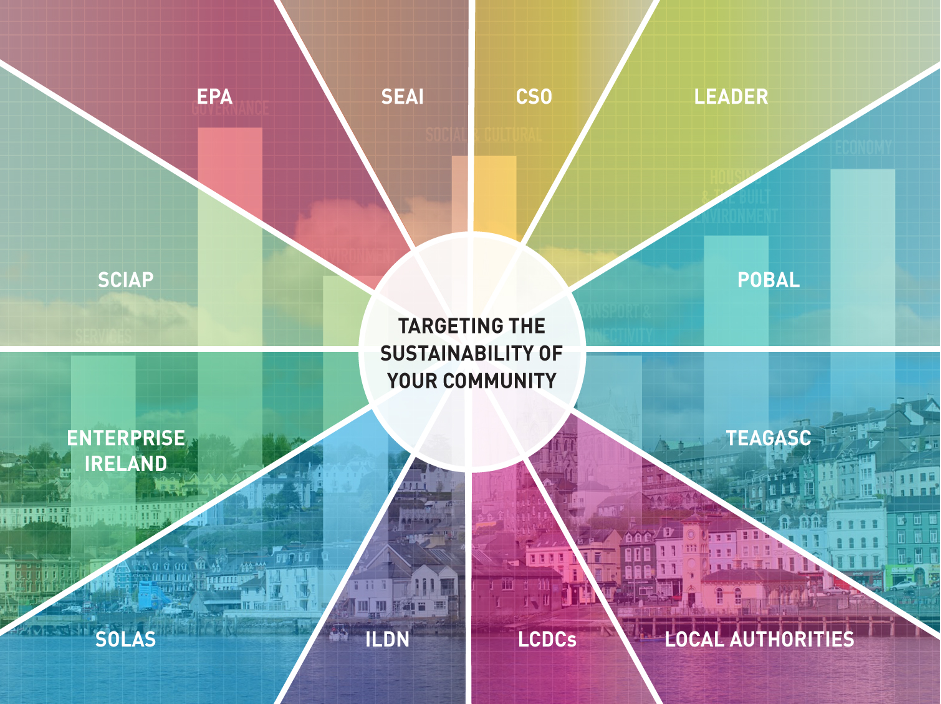The Clean Technology Centre (CTC) was commissioned by the Irish Environmental Protection Agency (EPA) to carry out research on how the EPA could fulfil some of its commitments in relation to Sustainable Communities under Our Sustainable Future (2014), the Framework for Sustainable Development in Ireland. The EPA also wanted to understand better the impact of the many community-based projects that they support in the long term, and how they may be improved upon.
CTC analysed the history and development of sustainable communities from the last 30 years. CTC reviewed national and international work in this area to provide a foundation for an understanding of what sustainable communities actually comprise and how they can be established, maintained, and evaluated. Best practice in a range of countries, including Ireland, is outlined in the report.
The process of Sustainable Communities development was examined, and various methodologies were outlined. The research analysed a range of indicators for Sustainable Communities.
The study analysed some examples of using this approach, including: The Circles of Sustainability approach; The Sustainability Compass, developed by the Atkisson Group, and using a set of tools, called The Accelerator Tools, to support implementation of the methodology; and the Sustainability Assessment of Food and Agriculture systems (SAFA) Guidelines.
Other more detailed methods analysed in the study included: BREEAM (Building Research Establishment Environmental Research Methodology); A Toolkit for Sustainable Rural Communities; The Aalborg Commitments and the Basque Declaration; The Whitehorse Sustainability Plan; and The Egan review (2004).
The method recommended for Ireland is: The Community Capital Scan. This is a web based application developed by the Centre for Sustainable Community Development (CSCD). CSS allows a project or programme on the sustainable development of a community to be assessed in a structured way. By doing this at an early stage, it is possible to make adjustments to a project if the outcomes of the scan suggest that this is necessary. It proposed six more nuanced forms of ‘capital’: natural, physical, economic, human, social, and cultural capital.
A Final Report was completed and submitted to the EPA.

